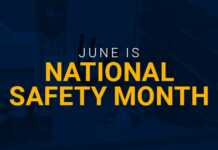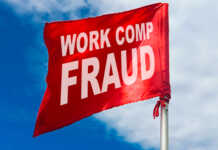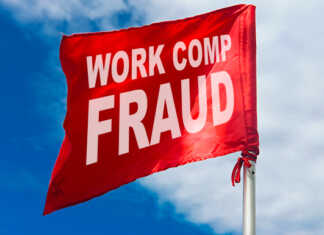It has become all too commonplace to receive unsolicited calls on our residential, business, and personal telephone lines. From cell phones to land lines, phone scammers attempt to gain personal information from unsuspecting targets, with as many as 23.6 million robocalls related to health insurance and health care products alone being transmitted per day. While many cell phones do allow incoming phone numbers to be blocked, scammers simply change up the incoming telephone number and bypass those protections.
What is Spoofing?
According to the Federal Communications Commission (FCC), “spoofing” is when a caller deliberately falsifies the information transmitted to your caller ID display to disguise their identity. Scammers often use neighbor spoofing so it appears that an incoming call is coming from a local number, or spoof a number from a company or a government agency that you may already know and trust. If you answer, they use scam scripts to try to steal your money or valuable personal information, which can be used in fraudulent activity. With the advent of computer technologies and internet-based phone lines, scammers have scaled up their operations.
Earlier in 2021, a telemarketer was issued a record fine of $225 million for allegedly transmitting 1 billion robocalls, during a 4 ½ month period in 2019. Many of the calls were alleged to be illegally spoofed, and targeted the Do Not Call list as they believed it to be more profitable to target those consumers.
Protect Yourself with These Tips
The FCC’s advice on how to defend against these invasive calls is “Don’t Hang On, Hang Up!” Phone scammers seek out telephone lines which are answered, and those telephone numbers are cycled back into the next scheme. Once on the call, answering verbally, or even pressing telephone buttons, could result in fraudulent charges for various schemes. Check out the FCC’s short video and tip card on how to best know when an incoming call is spoofed and what to do about it. The best advice is to not answer calls from telephone numbers which you do not recognize, even if it looks to be similar to one which you may know or a local area code and prefix. Keep in mind, just because the caller ID may say it is from a known business of government agency, this can be faked as well.
If you think you’ve been the victim of a spoofing scam, you can file a complaint with the FCC.
To add you telephone numbers to the Do Not Call Registry, visit the Federal Trade Commission’s website.

















